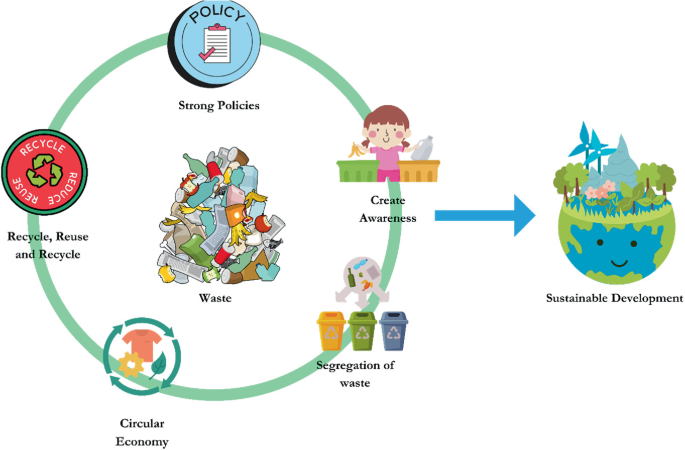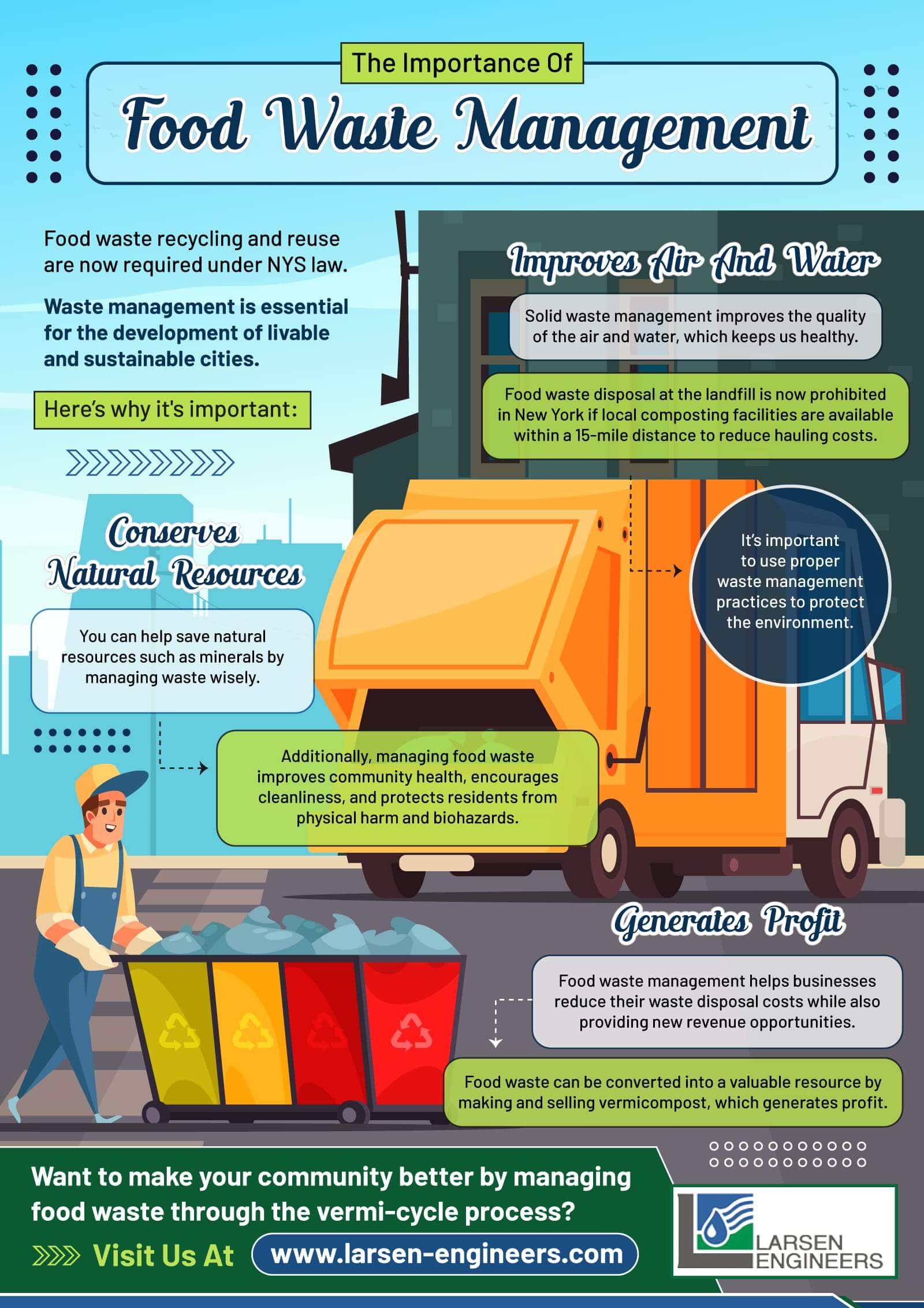Reclaim Waste - Questions
Reclaim Waste - Questions
Blog Article
Reclaim Waste for Beginners
Table of ContentsIndicators on Reclaim Waste You Should KnowThe Reclaim Waste PDFsMore About Reclaim WasteFacts About Reclaim Waste RevealedGetting My Reclaim Waste To Work
Check out the types, occurrences, and forms of fluid waste. Domestic sewer waste refers to the waste and items from a household septic container. This sort of waste is developed by people in houses, colleges, and other structures. This only includes septic tanks that have a drainpipe field. The correct administration and disposal of domestic sewer waste need liquid waste to be moved to a sewage therapy plant where the correct techniques and tools are related to detoxify and deal with waste.
Business waste frequently consists of potential risks, such as flammable materials or a combination of fluid and solid waste items, and needs an extra sophisticated and comprehensive disposal process. The disposal of commercial waste normally involves the purification of waste prior to transport to guarantee safe and proper disposal. Hazardous waste is created from byproducts and overflow of industrial procedures and production.
This type of waste can not utilize the very same sewer management transportation or processes as septic or industrial fluids. The hazardous waste management process needs the examination and testing of liquid waste prior to it undergoes the disposal process (industrial wastewater treatment). Overflow waste is the liquid waste that comes from drainage and excess stormwater in highly populated areas or cities
Runoff waste can create contamination and flooding otherwise handled correctly. Find out more regarding drain cleaning and waste administration. Making sure appropriate waste administration can avoid catastrophes and decrease environmental harm. Both people in household setups and experts in business or production sectors can profit from recognizing the procedures and policies of liquid waste monitoring.
What Does Reclaim Waste Mean?
Call PROS Solutions today to find out about our waste management and disposal solutions and the correct methods to look after the liquid waste you generate.
(https://reclaimwaste1.edublogs.org/2024/11/12/efficient-liquid-waste-removal-and-disposal-your-complete-guide-to-sustainable-waste-management/)Do you understand what happens to your water when you disengage, purge the bathroom or drain the cleaning maker? No? Well, it's worth recognizing. This so-called 'wastewater' is not just a vital source however, after therapy, will be launched to our land, waterways or the sea. Utilized water from commodes, showers, baths, kitchen sinks, washings and industrial procedures is called wastewater.

water used to cool down machinery or tidy plant and equipment). Stormwater, a form of wastewater, is overflow that streams from agricultural and metropolitan locations such as roofings, parks, yards, roads, courses and gutters right into stormwater drains pipes, after rain. Stormwater streams untreated directly to neighborhood creeks or rivers, eventually reaching the sea.
Some Ideas on Reclaim Waste You Should Know
In Queensland, most wastewater is treated at sewer treatment plants. Wastewater is delivered from domestic or industrial sites via a system of sewers and pump stations, referred to as sewerage reticulation, to a sewage treatment plant. City governments build, maintain and operate most sewage therapy plants. Operators are accredited under the Environmental Protection Act 1994 to discharge cured wastewater at an acceptable environmental requirement into waterways.
The Division of Natural Resources encourages regional governments concerning handling, operating and preserving sewerage systems and therapy plants. In unsewered locations, local governments might need homeowners to install specific or house sewage treatment systems to treat domestic wastewater from commodes, cooking areas, washrooms and washings. The Department of Natural Resources authorizes the use of household systems when they are confirmed to be reliable.
In some brand-new subdivisions, therapy of some stormwater to eliminate litter, sand and gravel has actually begun making use of gross pollutant catches. Wastewater treatment happens in 4 stages: Gets rid of solid matter.
Wastewater after that flows right into large storage tanks where solids resolve and are removed as sludge. Oil and scum are skimmed from the surface. Makes use of tiny living microorganisms referred to as micro-organisms to break down and get rid of remaining dissolved wastes and great particles. Micro-organisms and wastes are integrated in the sludge. Gets rid of nitrogen and phosphorus nutrients that can cause algal flowers in our rivers and threaten marine life.
The 3-Minute Rule for Reclaim Waste
Nutrient elimination is not offered whatsoever sewer therapy plants because it calls for expensive specialised equipment. It is becoming much more typical in Queensland. Clear liquid effluent produced after treatment may still contain disease-causing micro-organisms. If this effluent is released right into rivers such as rivers or the sea, the micro-organisms will at some point die out.

Many wastewater flows right into the sewage system. Under the Act, local governments administer authorizations and permits for environmentally pertinent activities (Periods) involving wastewater launches that might have a regional impact.
The 6-Minute Rule for Reclaim Waste
Tracking supplies accurate info regarding water top quality and can validate that permit problems are being satisfied. The info here acquired with tracking supplies the basis for making water high quality decisions.
Report this page